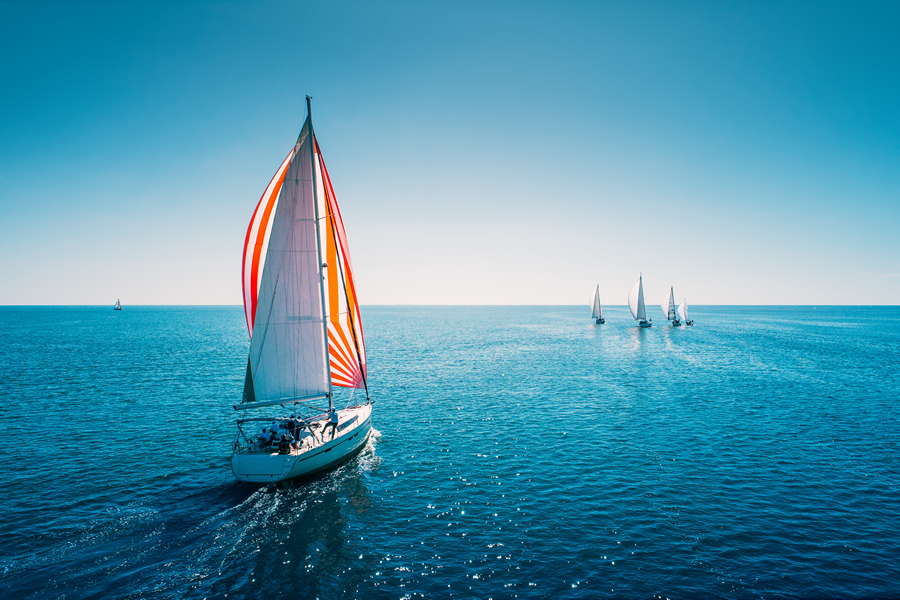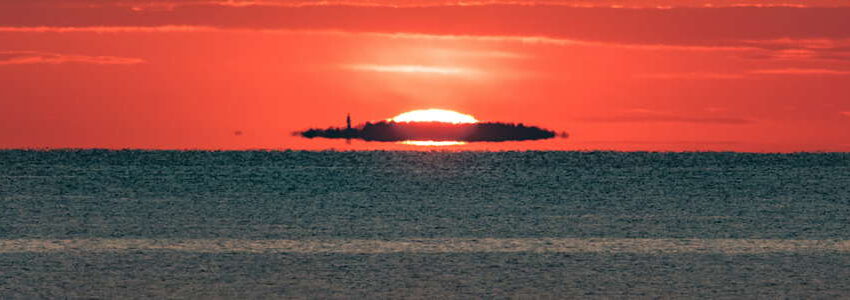Copyright: haiderose, Adobe Stock
In January this year Turkmenistan and Azerbaijan put an end to their thirty-year dispute over the ownership of the Dostlug field in the Caspian by signing a memorandum on its joint exploration and development. In so doing, according to Ashgabat and Baku, the final impediment to building the Trans-Caspian Gas Pipeline (TGP) – something Turkmenistan has been trying to achieve for over twenty years – has been removed. In reality however, things may turn out to be far from plain sailing for Ashgabat. A whole range of factors are making the prospects for the TGP extremely dim, if not illusory.
In the past few years it has become obvious that the previous sharp growth in gas extraction in the Caspian littoral states is a thing of the past and therefore there will not be a growth in the amount extracted in Turkmenistan. Therefore, the prospects of completely filling the existing gas pipelines through which Turkmen energy is exported, let alone the pipelines of the Trans-Caspian project, seem very doubtful: the Turkmenistan–China pipeline has a capacity of 55 billion cubic metres (bcm) of gas annually, but recently only 36 bcm per year has been exported through it, and 8 bcm per year at most has reached Iran through a pipeline with a capacity of 20 bcm. Meanwhile, Turkmenistan is actively lobbying for the construction of the Turkmenistan–Afghanistan–Pakistan–India (TAPI) pipeline, on which it is placing great hopes. There is no doubt that once this is built, there will be very little left for the TGP.
This situation plays into the hands of Azerbaijan which, conversely, is looking for additional possibilities for exporting its energy. Baku expects to increase its own extraction, which will allow it to fill the capacity of the energy corridor and in the future to even increase the amount of gas that it is exported through it. Granted, for now Azerbaijan is actively taking part in discussing the Trans-Caspian Gas Pipeline and at first sight would appear to be its most ardent supporter. But in fact it turns out that Baku’s interest in Turkmen gas can be traced to other objectives altogether. The TGP project can only interest Azerbaijan in one circumstance, namely, if it lacks sufficient resources of its own to fill the existing pipelines and there is a sharp growth in gas consumption in Europe. Accordingly, if it increases its own gas extraction, enabling it to fill the pipelines of the Southern Gas Corridor, Baku will lose interest in Turkmen gas. Baku is therefore hardly likely to take the costs of building the TGP on itself, and Turkmenistan clearly does not have the funds to do so.

Lack of support for the Trans-Caspian Gas Pipeline from Baku would prove to be a serious blow for Ashgabat, which would then lose the financial support without which the gas pipeline will not be realized. Investors are hardly falling over themselves to collaborate with Turkmenistan: it is a closed country whose behaviour in the legal field is unpredictable, and where investments are in no way guaranteed. It should therefore be no surprise that there is no sign of anyone wanting to invest in this high-cost project.
Ashgabat can also hardly count on finance from European institutions. The European Investment Bank has taken the decision to renounce programmes linked to fossil fuels and the European Commission has proposed ceasing support for gas projects in the context of the TEN-E Regulation, which establishes a list of projects of common interest for implementing the cross-border energy infrastructure of the EU. All this implies a lack of financing not just from the European Union, but also from private investors, who are unlikely to show great interest in the Trans-Caspian Gas Pipeline in this situation.
As Marco Giuli, energy expert and representative of the Institute of European Studies at the Free University of Brussels-VUB says, the European Union’s position on reducing hydrocarbon consumption will inevitably lead to a fall in the price of gas. Realizing this, Turkmenistan is pushing the TGP hard, so that it can be launched without delay before a contracting market makes its rich resources unviable.
The position of Iran, which is categorically against the TGP being laid, is also complicating the prospects for implementing a project on this scale. As the Iranian authorities have stated many times, its construction could cause irrevocable damage to the region’s environment. Tehran’s stance is understandable: the anthropogenic influence on the Caspian undoubtedly poses a major threat since it could destroy the sturgeon that are caught in it. For many decades, Iran has been the world’s leading producer of black caviar, and export revenues contribute millions of dollars to the country’s budget.
It is obvious that another reason why Tehran is not interested in the Caspian pipeline is that Turkmen gas reaching Europe could destroy plans for the resumption of its own gas supplies to Europe. The chances of these hopes coming to fruition cannot be ruled out. This possibility is supported by the intention of the Biden administration to propose a wide-ranging deal to Iran which could completely remove the harsh sanctions introduced by former US President Donald Trump. This would also bring with it the likelihood of facilities to supply Iranian energy to Europe finally being created, which Iran has long dreamed of. But cheap Turkmen gas could put paid to Tehran’s hopes. Iran therefore does not need a competitor on this front.
Additionally, a Caspian gas pipeline could follow a route from Turkmenistan through Azerbaijan to Turkey, running directly counter to the interests of Tehran, which supplies its gas to Turkey. It should be remembered that Turkey is Iran’s principal gas market. Will Ashgabat be able to outplay such a serious opponent as Iran? This is a big question.

For its part, Turkey is ready to do all it can to bring about the start of Turkmen gas supplies to its reservoirs and onward into Europe. It is no surprise that Ankara welcomes the recently signed memorandum on the joint exploration and development of Dostlug. As Turkish officials have stated, implementing the TGP will open up a route to projects to increase not only Turkey’s energy security, but also that of European countries.
In reality, however, launching a new gas pipeline is conducive first and foremost to Ankara’s own interests. The start of work on it would increase Ankara’s opportunities to control gas supplies to EU countries. By controlling another gas valve, Turkey would significantly strengthen its position. Europe, on the other hand, will only lose from a growth in energy dependence on Turkey.
Finally, the European Union’s ambitious plans to decarbonize the economy through its Green Deal should not be forgotten. The EU is counting on significant progress in this area by 2050 and on reducing the use of fossil resources, recognizing the role of gas only in the transitional period. Currently, of course, it is difficult to say how successful the implementation of these plans will be. However, it can generally be expected that the efforts of the European countries will ultimately lead to a reduction in the level of gas consumption.
Demand for gas in Europe should stabilize over the next decade and then, if the European Union is successful in its plans for carbon neutrality, it should fall sharply. This is far from an ideal situation for a pipeline with a life cycle of over fifty years such as the TGP. The situation negates even the theoretical opportunities for financing the construction of a gas pipeline from European sources. The EU has a surplus of import capacities and its instruments for supporting infrastructural projects are changing rapidly given the steps it is taking to achieve climate neutrality.
Furthermore, as Jonathan Stern, Distinguished Research Fellow at the Oxford Institute for Energy Studies stresses, the Green Deal and the European Union’s plans to reduce hydrocarbon emissions stipulate that all new gas coming to the EU will have to be decarbonized, that is, it will have to have the CO2 removed from it. In other words, no one will sign a new, long-term contract for supplying natural gas if this cannot be easily decarbonized.
This will make any pipeline through the Caspian Sea even more expensive and difficult to organize, rendering the prospects for supplying Turkmen gas to Europe utterly illusory.

